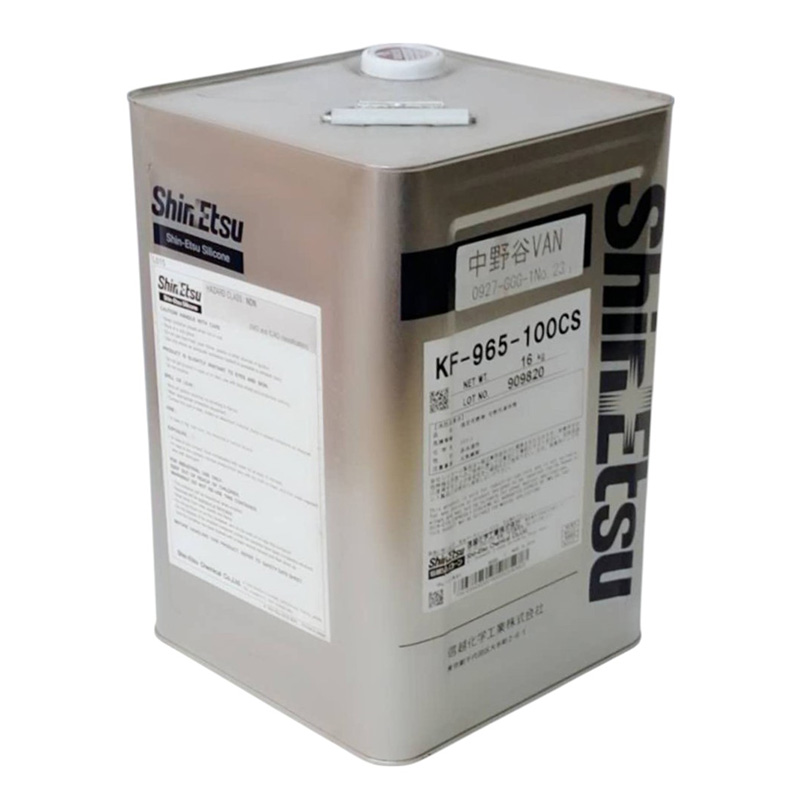What Is Heat Transfer Fluid Used For?
Heat Transfer Fluid (HTF) is a specialized liquid medium designed to move heat efficiently from one point to another in industrial and technical applications. Unlike water or steam, silicone-based heat transfer fluids offer superior stability, thermal efficiency, and resistance to extreme conditions. They are particularly useful in systems where precise temperature control and long-term reliability are critical.
Table of Contents
Role of Heat Transfer Fluid
Heat transfer fluids act as carriers of thermal energy. In high-temperature processes, they absorb heat in one zone and release it in another without breaking down or evaporating. This ensures consistent system performance, reduced maintenance, and longer equipment lifespan. Compared to conventional fluids, silicone oils like Shin-Etsu KF-968-100CS, KF-965-100CS, and KF-54 provide enhanced safety and efficiency in demanding environments.
Key Applications of Heat Transfer Fluid
1. Industrial Heating Systems
Silicone oils such as KF-968-100CS are widely used as stable heating media in closed-loop thermal systems. They maintain viscosity under extreme conditions, allowing uniform heating in reactors, mixers, and dryers.
2. High-Temperature Processing
In industries like chemicals and plastics, KF-965-100CS Phenyl Silicone Oil delivers excellent thermal resistance. It ensures smooth performance in continuous high-temperature operations where conventional oils would degrade rapidly.
3. Lubrication at Elevated Temperatures
KF-54 Phenylmethyl Silicone Fluid serves as both a heat transfer medium and a high-temperature lubricant. This dual function makes it suitable for equipment exposed to friction and heat simultaneously, such as bearings, conveyors, or specialized machinery.
4. Electronics and Semiconductor Manufacturing
Silicone-based HTFs provide precise temperature control for sensitive electronic processes, helping maintain consistency in chip fabrication and circuit board assembly.
5. Renewable Energy and Solar Thermal Systems
Heat transfer fluids play a crucial role in concentrating solar power (CSP) plants, where they collect solar heat and transport it to generate steam for electricity production.
Benefits of Silicone Heat Transfer Fluids
Thermal Stability: Retain performance over a wide temperature range without oxidation or breakdown.
Extended Service Life: Reduce replacement frequency and maintenance costs.
Chemical Resistance: Withstand harsh environments where other fluids may react or degrade.
Safety: Non-corrosive and low in toxicity, making them suitable for sensitive applications.
Versatility: Function as heating media, lubricants, or dielectric fluids depending on system needs.
Conclusion
Heat transfer fluids are essential in modern industries that demand reliable, high-performance thermal control. Products like Shin-Etsu KF-968-100CS, KF-965-100CS, and KF-54 demonstrate how silicone-based HTFs can deliver superior heat resistance, long-term durability, and multifunctional benefits. Whether applied in chemical plants, electronics manufacturing, or renewable energy projects, these fluids ensure efficiency and safety in critical processes.





